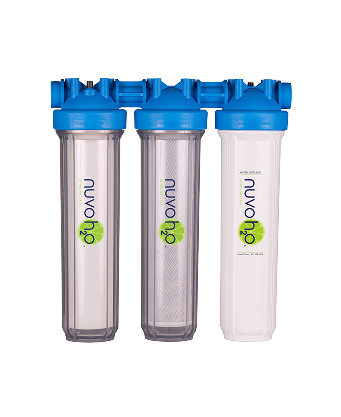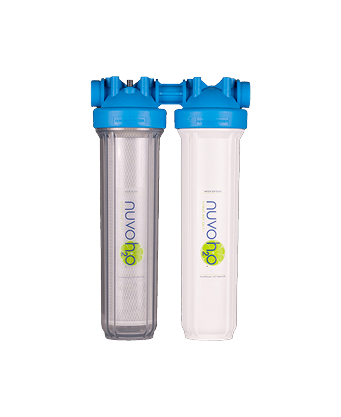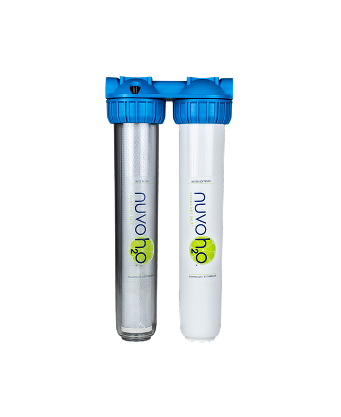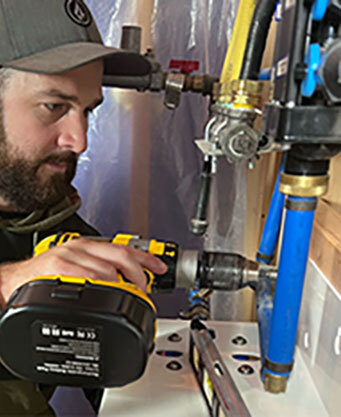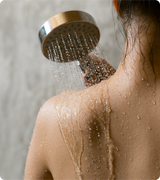
Hard Water 101: What It Is and Why It Matters
30th May 2025
When you move into a new place, you're thinking about paint colors, appliance hookups, maybe even where to put the couch, not necessarily the water coming out of your faucet. But here’s the thing: that water could be quietly doing a number on your skin, your pipes, and your appliances.
If you’ve noticed crusty faucets, spotty glasses, or dry skin after showering, it’s time to talk about hard water.
What Is Hard Water?
Let’s start with the basics: What does water hardness mean? When we say "hard water," we’re talking about water with a higher concentration of dissolved minerals—mainly calcium and magnesium. These minerals aren’t harmful to your health, but they can cause problems around your home.
So if you’re wondering, “What is hard water?” or trying to define hard water, think of it this way: it's water that’s picked up too many minerals on its underground journey to your tap.
And it doesn’t let go of them easily.
Where Hard Water Hits Hardest
In the Bathroom
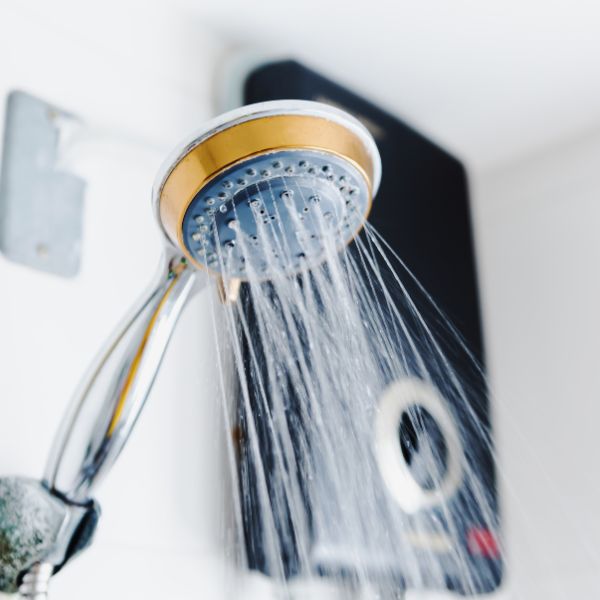
Hard water loves your shower. It builds up on your tiles, clings to your glass doors, and clogs up your showerhead until water starts spraying in weird directions. Worse, it messes with your soap and shampoo, making it harder to rinse clean. That means more soap scum and more time scrubbing—and who wants that?
In the Kitchen
Dishwashers take a hit from hard water. Over time, those same minerals build up inside your dishwasher, wearing it out faster and making it less effective. The same goes for your coffee maker, ice machine, and any other appliance that uses water.
In the Laundry Room
Hard water can leave clothes feeling stiff and dull after a wash. You’ll probably notice your bright whites looking a little dingy or your towels not feeling so soft anymore. Plus, you'll need more detergent just to get the job done, which means higher grocery bills and more plastic waste.
In the Pipes
Think of your pipes like arteries: when scale builds up inside, it narrows the flow. That puts extra strain on your plumbing system and reduces water pressure over time. If left unchecked, scale can lead to clogs, corrosion, and costly repairs.
Why Should I Care About Water Hardness?
If hard water isn’t dangerous, why does it matter? Because it can slowly wear down the things you rely on every day—your showerhead, your dishwasher, your water heater, and even your skin.
Here are some ways hard water might already be affecting your daily routine:
1. Dry Skin and Hair
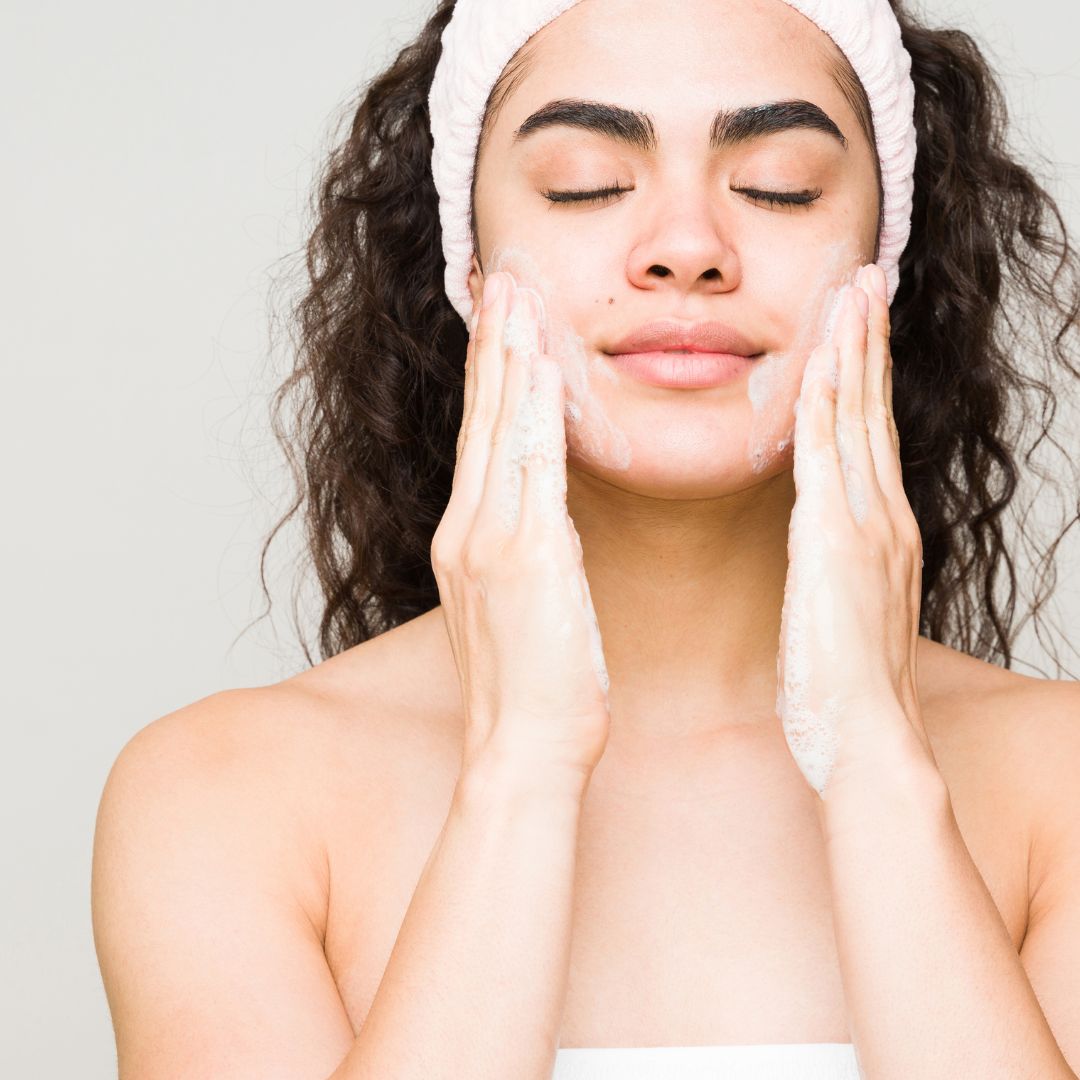
Hard water can mess with your skin’s natural balance. Those extra minerals make it harder for soap to rinse off completely, leaving residue behind. The result? Dry, itchy skin and dull, hard-to-manage hair. If your morning shower leaves you feeling less refreshed and more irritated, your water might be the culprit.
2. Spots on Dishes and Glassware
Ever unload the dishwasher only to find spots on your clean glasses? That’s not your detergent—it’s water hardness. When hard water evaporates, it leaves mineral deposits behind. The same goes for glass shower doors and bathroom mirrors. No matter how much you scrub, the spots keep coming back.
3. Scale Buildup on Faucets and Fixtures
Those white, crusty deposits around your sink or showerhead? That’s called scale—the calling card of hard water. Over time, scale can clog your plumbing, wear out your appliances, and shrink water flow to a frustrating trickle.
4. Appliance Damage and Higher Energy Bills
Hard water doesn’t just sit quietly in your pipes. It leaves behind scale that builds up in water heaters, dishwashers, and washing machines. That makes your appliances work harder—and burn through more energy—just to do their job.
Eventually, it shortens their lifespan, meaning more repairs or replacements sooner than you'd like.
Do I Have Hard Water?
If you're asking yourself, “Do I have hard water?” here are a few telltale signs:
- Soap that doesn’t lather well
- Spotty dishes and silverware
- Skin that feels tight or itchy after showering
- Clothes that feel stiff after washing
- Low water pressure
- White, chalky buildup around faucets and drains
Still not sure? You can get a water hardness test kit at most hardware stores or have a local water treatment pro take a look. The mineral content in your water is usually measured in grains per gallon (GPG), and anything over 7 GPG is considered “hard.”
How Hard Water Affects Renters vs. Homeowners
If you rent, you may not be able to install a full-home filtration system—but that doesn’t mean you’re stuck with hard water. There are smaller solutions like faucet filters or showerhead filters that can improve your water experience without permanent changes.
If you’re a homeowner, hard water is definitely something to stay ahead of. Over time, the cost of untreated hard water—appliance wear, energy inefficiency, extra cleaning products—adds up.
A whole-house water filter or salt-free softening system can go a long way in protecting your investment.
What You Can Do About Hard Water
Whether you're renting or owning, here are some ways to deal with water hardness:
- Install a Water Softener or Conditioner: These systems reduce or neutralize the minerals in your water. At NuvoH2O, we use a citrus-based process that doesn’t rely on salt or harsh chemicals. It softens your water naturally, and it’s safer for your plumbing, your skin, and the environment.
- Try Point-of-Use Filters: If you’re not ready for a whole-home solution, faucet or shower filters can help with the most noticeable effects, like dry skin and spotty dishes.
- Rinse With Distilled Water: It’s not a long-term fix, but if you want to avoid water spots on dishes or mirrors, a quick rinse with distilled water can help (though it’s not the most practical for every wash).
So, Is Hard Water a Big Deal?
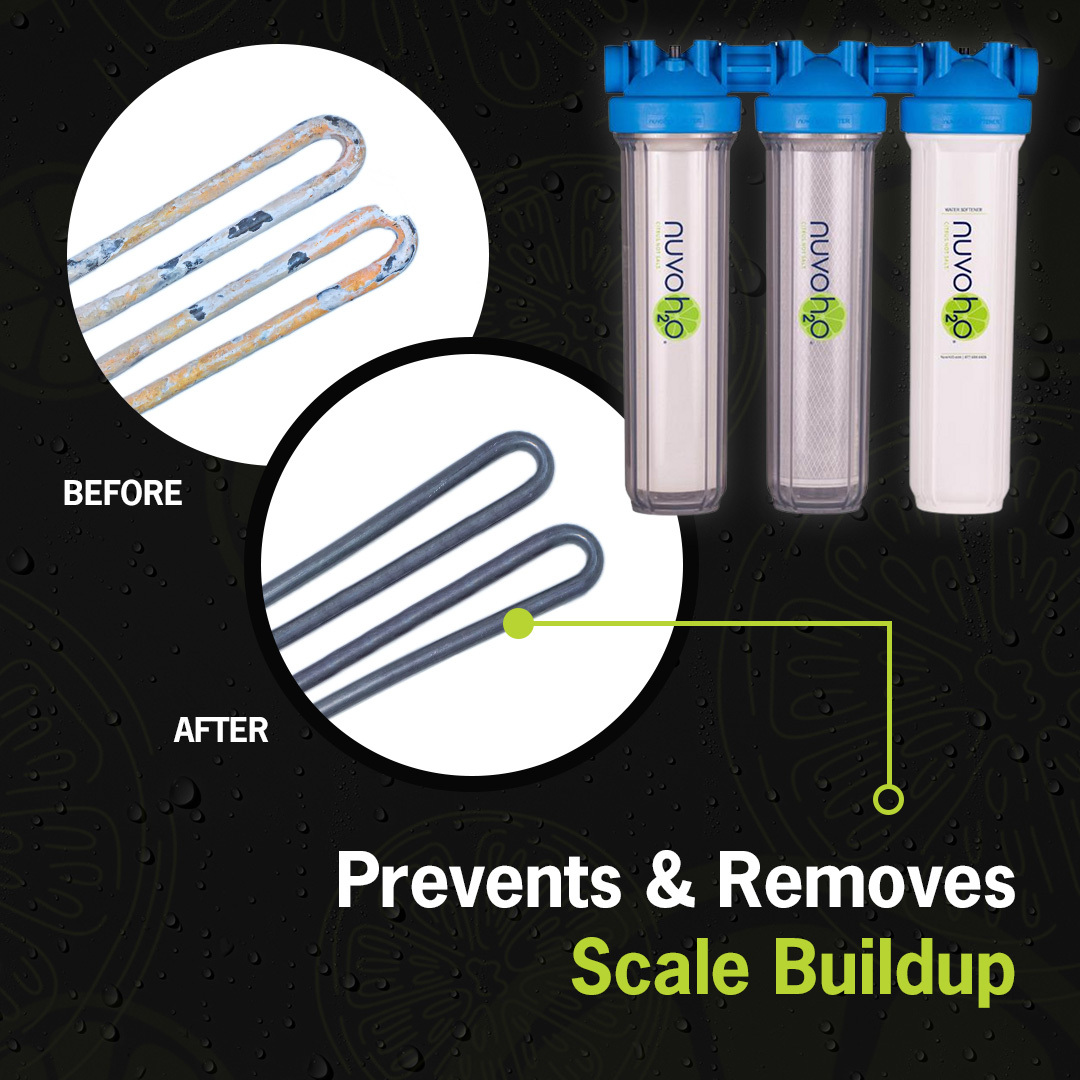
It can be. While it’s not harmful to drink, hard water affects your comfort, your budget, and your peace of mind. Understanding how water hardness works—and what you can do about it—is the first step to protecting your home from the inside out.
Want to go a little deeper? Check out our next article: What Is Hard Water Scale?
It’s everything you need to know about the long-term damage scale can cause, and what you can do to stop it.

